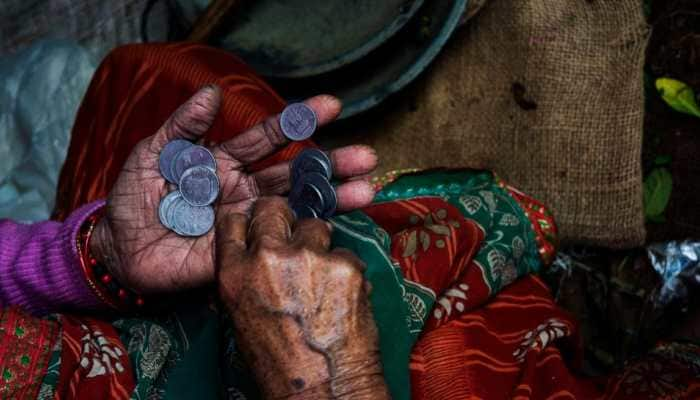FCRA Rules: Govt amends Foreign Contribution Regulation Act, allows relatives to send Rs 10 lakh without disclosing it
The new law permits relatives to send up to Rs 10 lakh without telling the government. If the sum is exceeded, individuals will have three months instead of 30 days to notify the government.
- The new law permits relatives to send up to Rs 10 lakh without telling the government.
- If the sum is exceeded, individuals will have three months instead of 30 days to notify the government.
- The government has replaced the words "fifteen days" with "forty-five days"
Trending Photos
)
New Delhi: The Centre has amended the Foreign Contribution Regulation Act (FCRA) rules to allow relatives to send more money under foreign funding and to give organisations more time to notify the government about bank accounts for the use of funds received under the "registration" or "prior permission" category.
The government has also abolished a requirement that an organization/individual receiving foreign cash declare such contributions on its official website every quarter. Read More: Post Office Scheme: Want to get Rs 2,500 per month? Here's how much you need to invest
The new rules, titled Foreign Contribution (Regulation) Amendment Rules, 2022, were published in the gazette on Friday by the Ministry of Home Affairs (MHA). Read More: Gold price today, July 3: Gold rate remains same; Check gold rate in Delhi, Patna, Lucknow, Kolkata, Kanpur, Kerala and other cities
"In Rule 6 of the Foreign Contribution (Regulation) Rules, 2011, the terms "one lakh rupees" shall be substituted for "ten lakh rupees," and the phrases "thirty days" shall be substituted for "three months," according to the announcement.
Rule 6 addresses the possibility of obtaining foreign donations from relatives. It previously stated that "any person receiving foreign contributions in excess of one lakh rupees or equivalent thereto in a fiscal year from any of his relatives shall notify the Central government (details of funds) within 30 days of such receipt."
The new law permits relatives to send up to Rs 10 lakh without telling the government. If the sum is exceeded, individuals will have three months instead of 30 days to notify the government.
Similarly, the new regulations give people and organisations 45 days to inform the MHA about bank account(s) that are to be utilised for utilisation of such monies, making amendments in rule 9, which deals with application of obtaining'registration' or 'prior approval' under the FCRA to accept funds. This time limit was previously set at 30 days.
The Centre has also removed paragraph 'b' from Rule 13, which dealt with declaring foreign funds on its website every quarter, including details of donors, amount received, and date of receipt. Anyone receiving foreign funds under the FCRA will now be required to follow the existing provision of posting the audited statement of accounts on receipts and utilisation of the foreign contribution, including income and expenditure statement, receipt and payment account, and balance sheet, for each fiscal year beginning on April 1st, within nine months of the financial year's close, on its official website or on the website specified by the Centre.
The government has replaced the words "fifteen days" with "forty-five days" in clause (e) of sub-rule (2) of rule 9. In the event of a change in bank account, name, address, goals, or key members of the organization(s) receiving foreign cash, the MHA now allows 45 days to notify it, rather than the prior 15-day limit.
In a separate letter issued on Friday, the MHA declared five more FCRA offences "compoundable," making 12 such offences compoundable rather than immediately prosecuting the organisations or persons. Previously, just seven FCRA offences were compoundable.
"The modifications are being made to ease the compliance load," stated an unnamed senior MHA official.
Failure to notify about receipt of foreign funds, establishment of bank accounts, failure to put information on a website, and other FCRA offences have now become compoundable. Previously, offences such as accepting hospitality from a foreign entity without informing, using foreign funds for administrative purposes beyond the legal limit, receiving money in an account other than the one designated for foreign funds, and four others were compoundable. The penalty ranges from Rs 10,000 to Rs 1 lakh, or 5% of foreign funds, whichever is greater.
Stay informed on all the latest news, real-time breaking news updates, and follow all the important headlines in india news and world News on Zee News.
Live Tv







)
)
)
)
)
)
)
)
)
)
